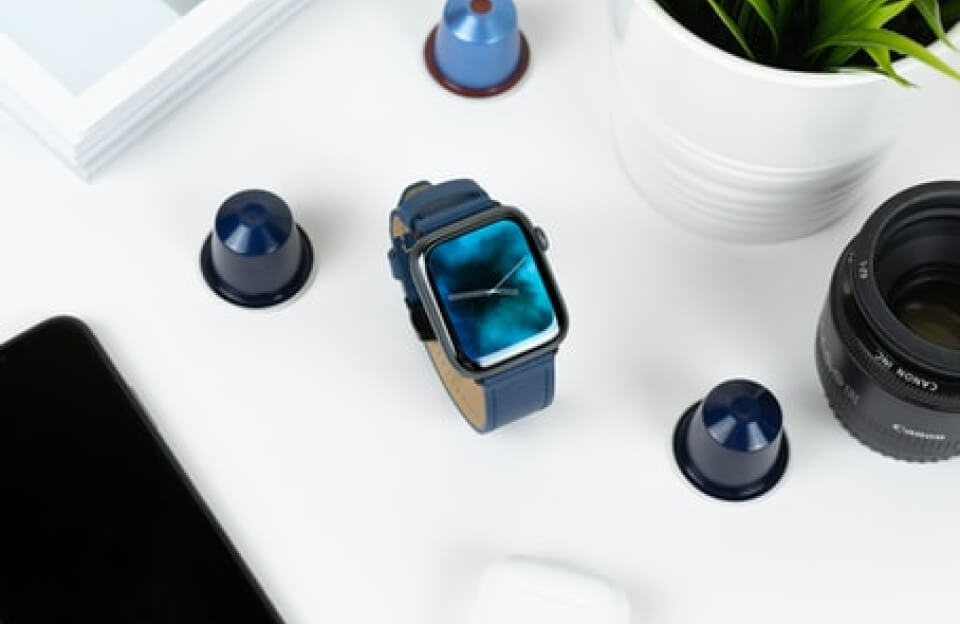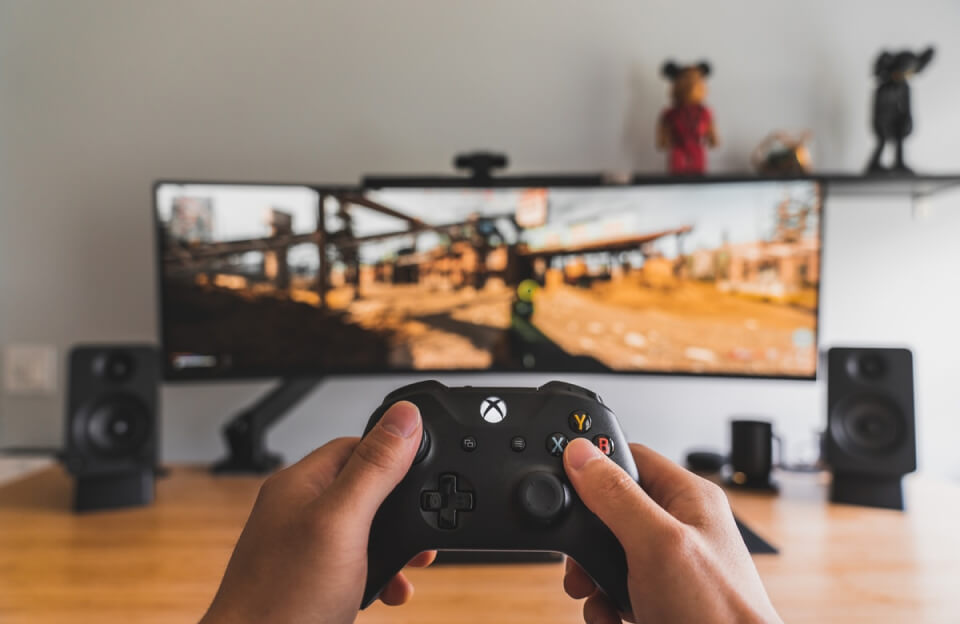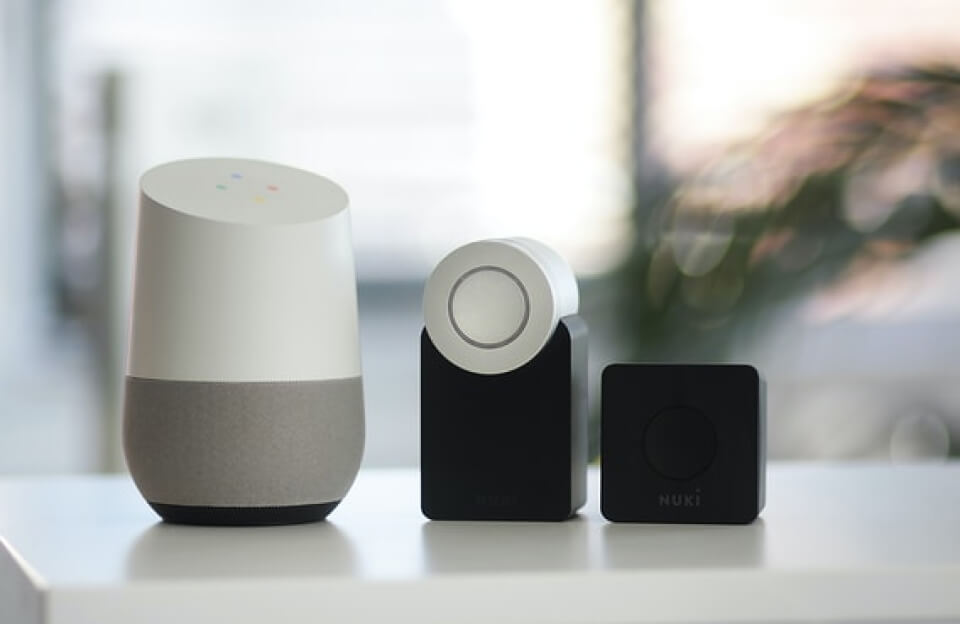Surveys can often supply the researcher with unexpected and unpleasant results. Part of working with surveys is to remain impartial to the results and to simply interpret the data as it stands. A researcher in India, Swati Popat Vats was researching for a book she was writing at the time on how children are changing. She was startled by some of the results. One such shocking result she saw from her study of over 900 children was that 55% of respondents would sooner play and spend time with screens rather than other children. It seems that tablets, mobile phones and televisions have gone from being a gap-filling, side item to a main course. In a#other question seems tied to this rather sad result, 63% of children reported that they would simply rather not share any of their belongings. Combining these results together paints a picture of children becoming increasingly isolated, and quite happy with it.
A survey conducted in 2020 in the UK shone a light on the conditions being experienced in the Science sector within the country. The researchers were shocked to find such high levels of bullying, excessive pressure, stress and a “keep calm and carry on” culture that stifled cries for help. Over 70% of the 4000 participants mentioned that, on average, they felt stressed out at work. Over 33% said that they had recently visited therapists for work related issues. In a separate question over 33% said that they regularly worked more than 50 hours in an average week too. These results do not paint a good picture of a huge and important industry in the UK. The UK is often at the forefront of world science and it is one of the nations’ strongest export products. It would be interesting to know how these results compare to other workplaces. It shows that even the most intelligent and educated people have the same struggles that many of us face in the workplace.
Data breaches are seemingly a weekly occurrence in this modern age. From banks to social media services, local services like hospitals and internet service providers. The value of the data that they attempt to secure is worth so much on the black market and darknet that much energy is expended in order to steal it. In 2020 a large survey was done in the pharmaceutical industry regarding data security. The results are shocking and the private nature of the data that they hold make them even more so. 15% of staff polled didn’t even know who to report a data breach too; a serious lack of education. Worse, 23% have experienced a data breach but neglected to even report it. That’s nearly a quarter of all employees in the pharmaceutical industry. There is an arms race between the hackers who try to steal the data and the IT teams that work tirelessly to fight them off. Data is modern gold, the value of it rising and rising. With it so must the resources we put into securing it.



